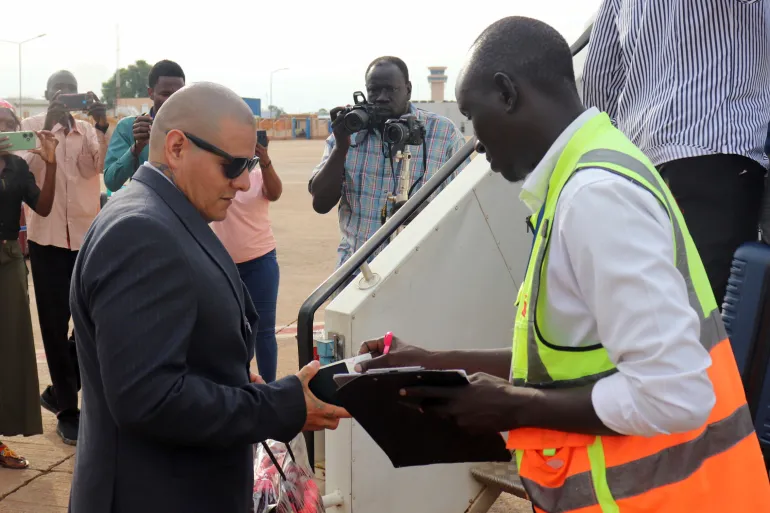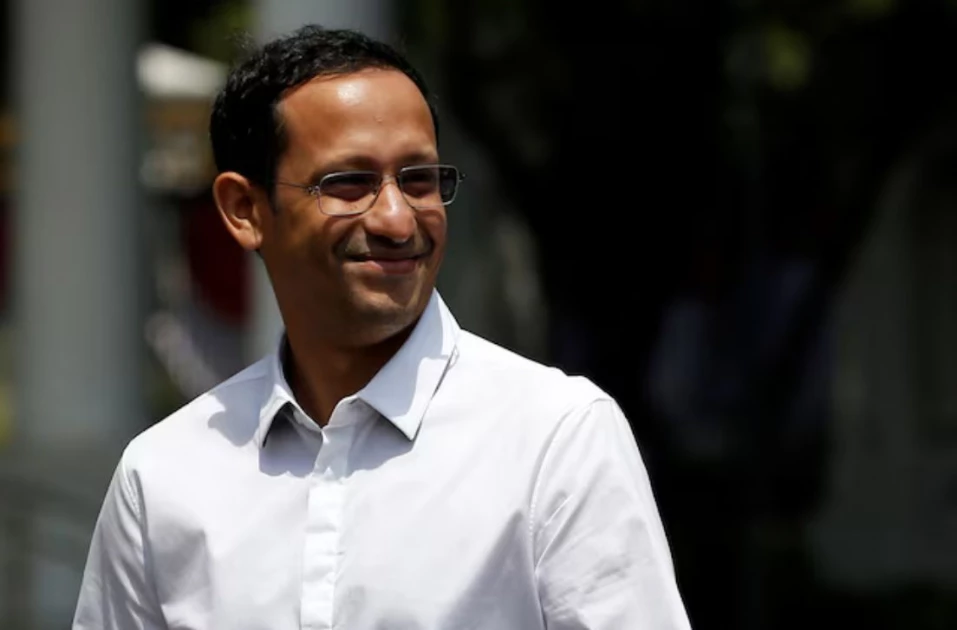A Mexican man who was mistakenly deported to South Sudan by the United States has finally been returned home after two months of confusion and diplomatic talks.
Jesus Munoz-Gutierrez, a Mexican citizen, was deported by U.S. authorities in July 2025 as part of former President Donald Trump’s aggressive immigration crackdown. However, instead of sending him back to Mexico, the U.S. wrongfully sent him to South Sudan, a country he had no connection to.
Speaking to journalists in Juba, South Sudan’s capital, Munoz-Gutierrez said, “I felt kidnapped. I was not supposed to come to South Sudan. I had finished my sentence in the U.S., and they were supposed to return me to Mexico. Instead, they sent me here by mistake.”
While in South Sudan, officials say he was treated well and with full respect for his human rights. On September 6, 2025, he was officially handed over to the Mexican ambassador in a smooth process at Juba International Airport, before being flown back to Mexico.
South Sudan’s Ministry of Foreign Affairs thanked Mexico for its cooperation and confirmed that Mexico had promised Munoz-Gutierrez would not face torture or mistreatment upon arrival. The repatriation was done in accordance with international law and diplomatic agreements.
Munoz-Gutierrez was one of eight men deported to South Sudan by the U.S. in July. He reportedly had a conviction for second-degree murder and had served time in prison.
Rights groups and legal experts have criticized the Trump administration’s policy of deporting migrants to third countries—nations that are not the migrant’s homeland—arguing that it violates international law and basic human rights.
In many cases, deportees have been sent to unfamiliar countries in Africa, including Uganda, Rwanda, and Eswatini, through controversial deals signed between the U.S. and these governments. Critics say these transfers are unsafe and lack transparency.
The U.S. Supreme Court recently allowed the government to continue these kinds of deportations, despite ongoing legal challenges.
According to South Sudan’s Foreign Ministry, talks are ongoing with other countries to find safe places to send the six remaining deportees still in South Sudan’s custody. Only one of the original eight men was actually South Sudanese.
It remains unclear whether the deported individuals have had access to legal representation during their detainment or deportation process.
Several human rights organizations have raised concerns that migrants with criminal records are being used to justify actions that may endanger their lives or violate international protections.
The case of Jesus Munoz-Gutierrez has highlighted the dangers of rushed deportation policies and the importance of respecting migrants’ rights. His safe return to Mexico is a small but important step, but it also raises serious questions about the treatment of others who remain stranded far from their home countries.



